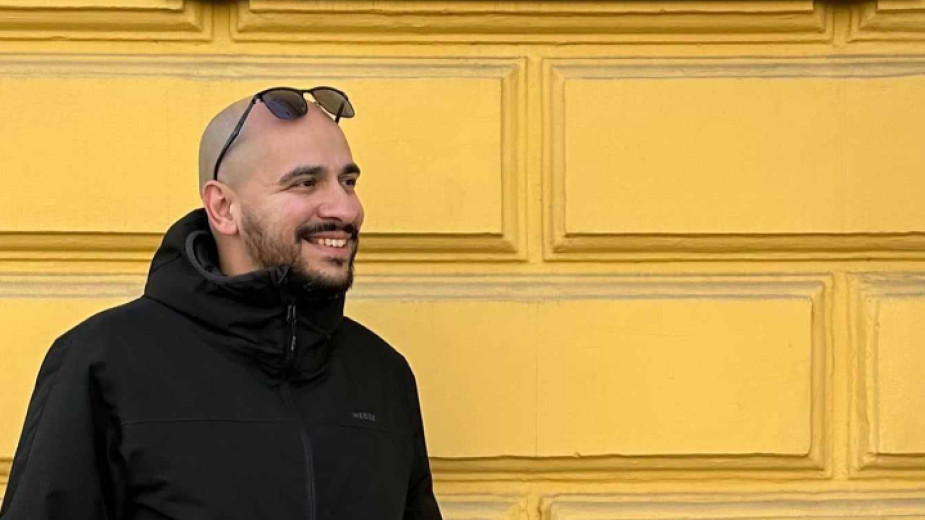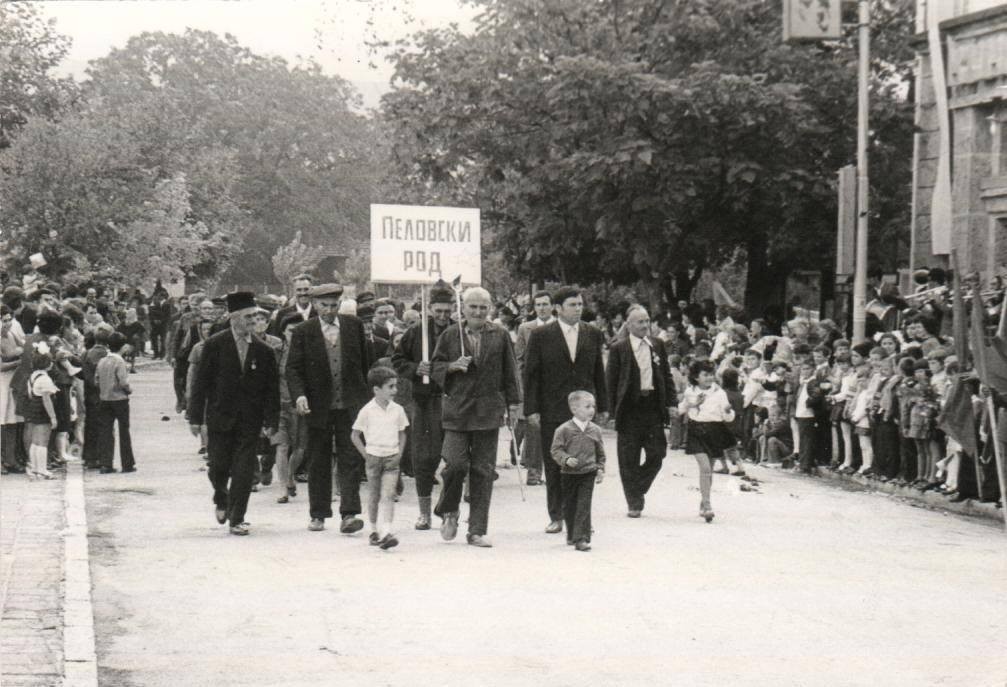Identity codes lie at the basis of genealogy – the science of tracing the bloodline, the origin of humans, family ties. Identity codes is what sets us apart as people, says Rosen Gatsin, Chief Assistant at the Bulgarian Academy of Sciences’ Institute of Experimental Morphology, Pathology and Anthropology. The young researcher has dedicated years of work and field study to this area in Bulgaria, and he is going to make the results public on 1 November, National Enlighteners Day, when an exhibition opens called “Identity codes”. The exhibition will feature family trees, photographs, different everyday items passed down from generation to generation, with each item and family tree bearing its identity code so that common features can be traced.
Longevity was the reason why Dr. Rozen Gatsin undertook his latest field expedition – in Northwestern Bulgaria. Georgi Pelovski, Diana Pelovska, Gergana Nikolova, Yoncho Pelovski, Georgi Dimitrov found out about the researcher’s work and the upcoming exhibition from the Bulgarian National Radio and contacted him to tell him about an ancestor of theirs – Yoncho Tsolov.
“A meeting with the heirs to an old family line from Northwestern Bulgaria is what started it,” says Dr. Rozen Gatsin. “They told me there was someone in their family who had lived to the age of 130. I took this to be a legend, a tale. Still, we decided to go and check out the story. And we found there had been such a person in Lik village near Vratsa. We found, in the village archives, the death certificate of someone who had lived to the age of 130. He was born in 1777 and died on 9 January 1907. Now, anyone can say we don’t have a birth certificate, but there is no way we can find a birth certificate, after all the period in question is the late 18th century. But tracing the birth of his children chronologically we can see, and we are sure this man was actually born in 1777.”
There followed meetings with the locals and with relatives which led to the discovery of the tombstone of Yoncho himself, on which there are the words, clearly decipherable to this day: “Here lies father Yoncho aged 130, son Ivan aged 103, son Krastyo aged 106. Their father died in 1906. Built by Geno Krastev”.
These words show grandfather Yoncho outlived his two songs – themselves centenarians, and died of an illness, says Dr. Gatsin.
According to National Statistical Institute data, as of 31 December, 2021 there were 325 people living in Bulgaria aged 100 or over. Of them 242 are women, and 83 men, 222 live in towns and only 103 in villages. 4,958 was the number of people aged 95-99.
It is yet to be proved that Yoncho Tsolov did live to the age of 130 as a world record, says Dr. Rozen Gatsin, but we should be proud there were people in our lands who lived to a biblical age.
“We are yet to tell the story of this centenarian because it is a truly admirable age. In the exhibition, his story will be a highlight. There will be a section there that will tell Yoncho Tzolov’s story, the story of his family, with documentary evidence of his age and life - photographs, documents. So, it will be interesting to visit and see what kind of people once lived in our lands,” says Dr. Gatsin.
So what is the secret to longevity? Nobody knows, but it is probably a combination of different components – clean environment, physical activity, a healthy diet, a stress-free life and living around good people, the researcher says. What Yoncho Tsolov’s secret was is something we shall, perhaps, find out in November, from the exhibition “Identity codes”.
Compiled by Vessela Krasteva
Translated and posted by Milena Daynova
Photos: courtesy of Rosen Gatsin, archive, Pixabay, Facebook /Pelovski family, Radio Varna, BNR
At the end of May, the Bulgarian Embassy in Rome graciously hosted a solemn ceremony to end the school year at the Abagar Bulgarian weekend school. The education of 93 children of different ages is carried out in 3 school branches. The largest..
Sofia Municipality is creating a youth volunteer team for rapid response called "SOfia HELPers". The initiative to form youth groups ready to assist in various areas and in crisis situations comes from the Sports and Youth Activities Directorate of the..
The unpredictable and unsettled weather this spring, with its sudden temperature changes, forced the residents of Sofia to opt for warm drinks, along with their unusually heavy clothing for the season. It was in this context that we came across Nikolay..
As we approach the height of summer and temperatures soar, access to water becomes essential. We remember the hardships of summer 2024, when hundreds of..
A retaining wall alongside the Banshtitsa River in Kyustendil is being transformed into the country’s longest legal graffiti art wall, according to a..
On June 21 and 22, the Expo Center "Flora" in the Sea Garden in Burgas will turn into a culinary arena , where the best paella masters from all over..

+359 2 9336 661
